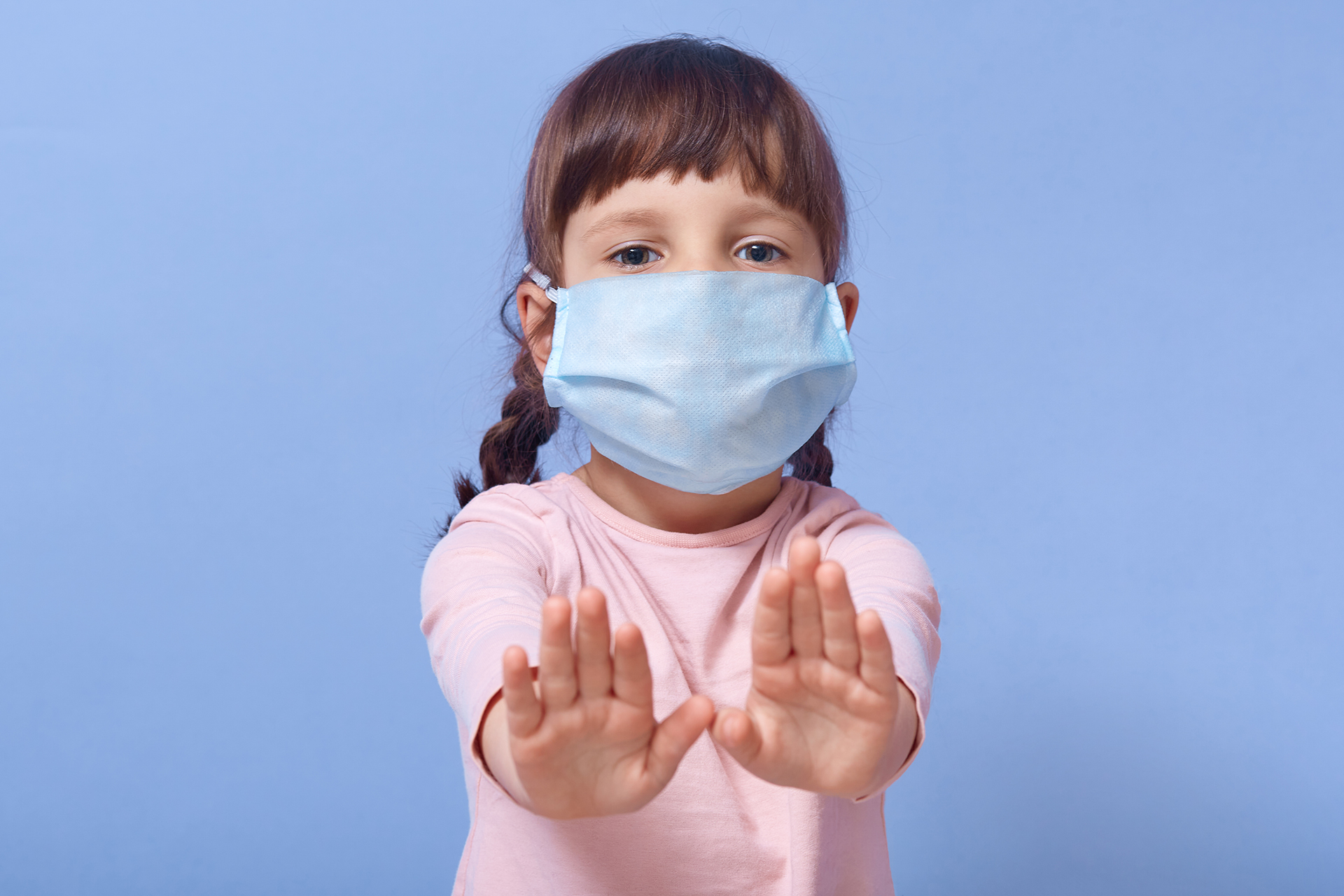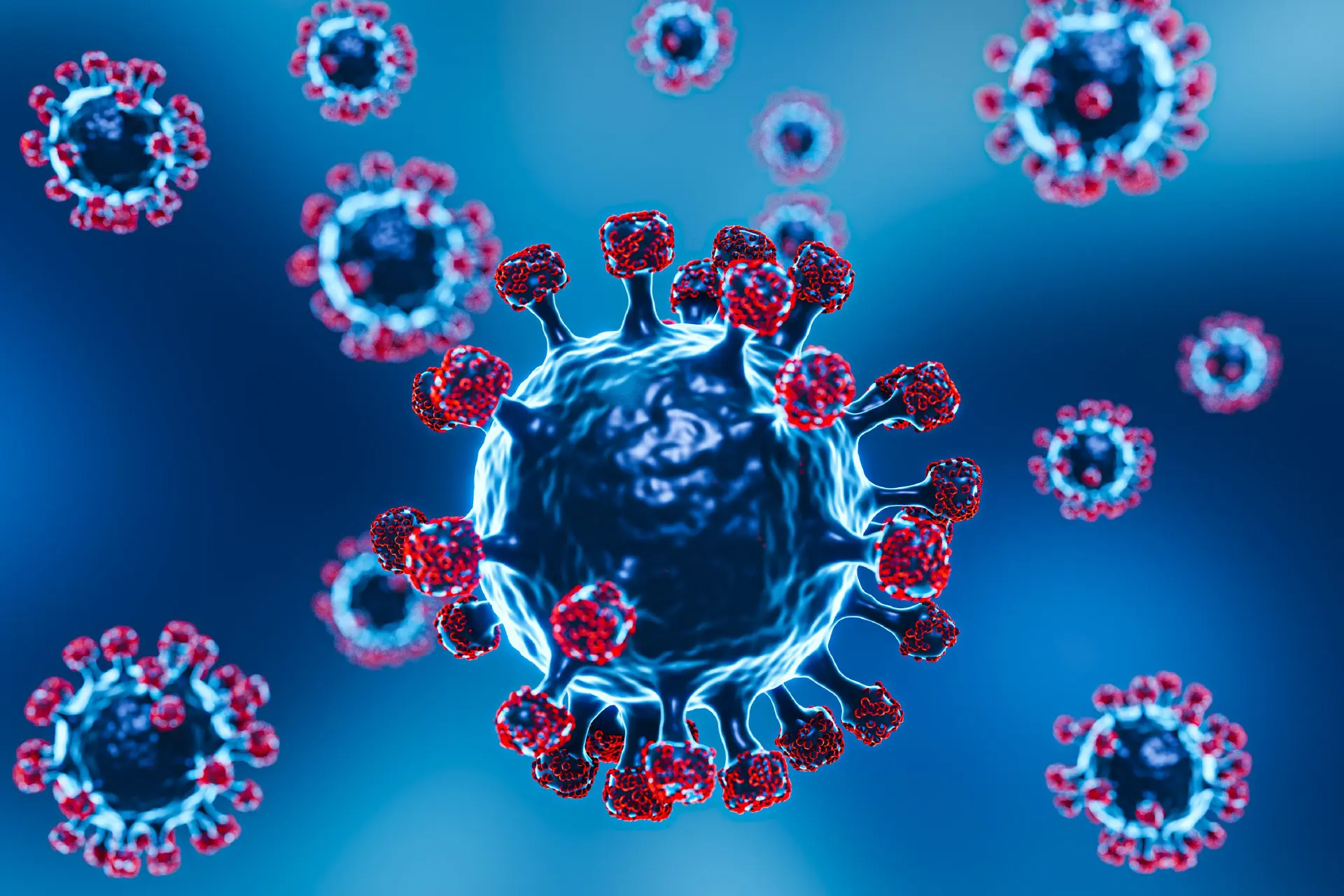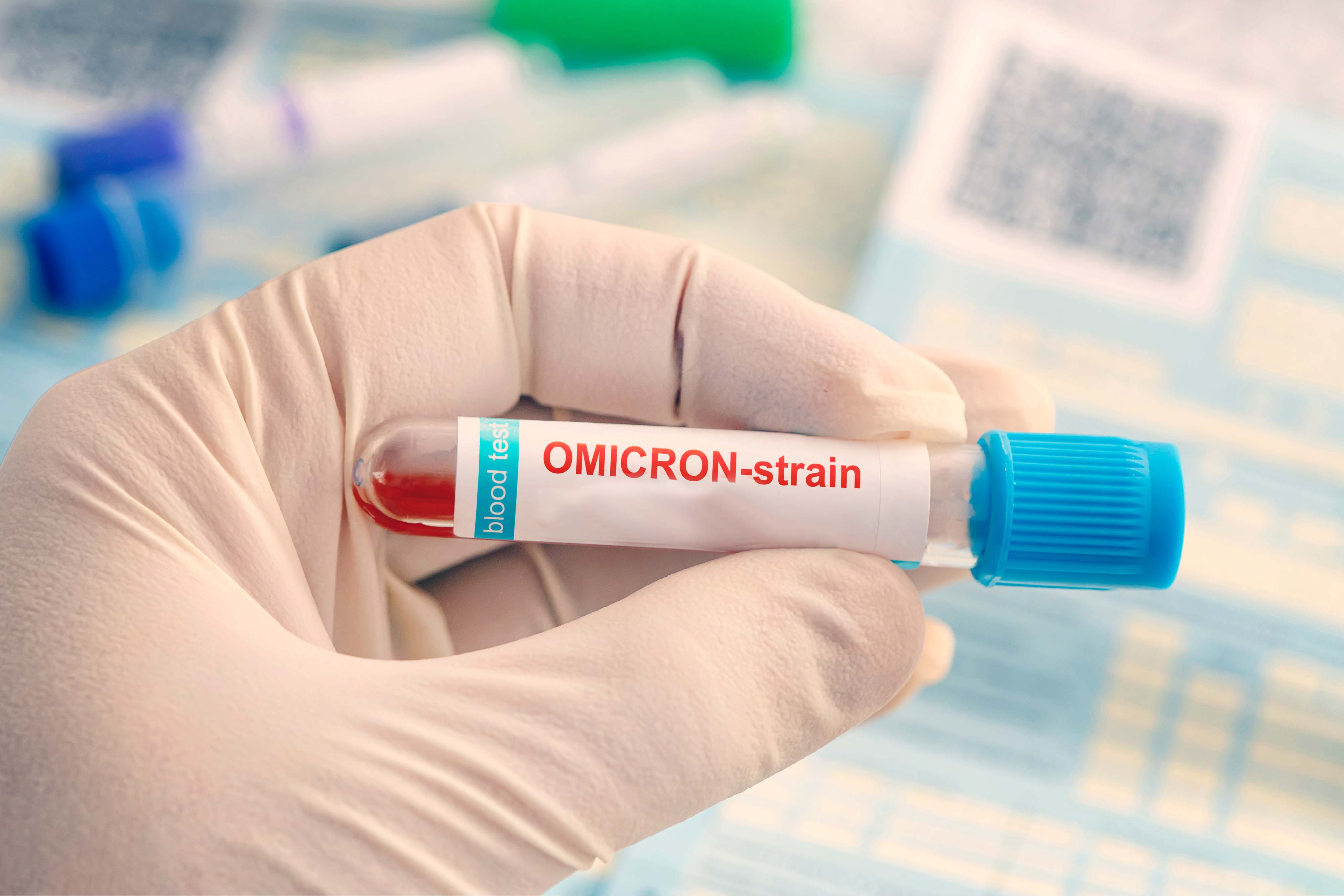Covid | 4 min read
COVID 19 (Coronavirus) in Babies and Kids: Paediatric Guidelines
Medically reviewed by
Table of Content
Key Takeaways
- Certain categories of children appear to be at a greater risk of developing serious illness
- Here’s an overview of COVID-19 symptoms in babies, toddlers, and older children
- Paediatric guidelines in place for children wishing to attend school
The coronavirus pandemic has affected populations across the world, and it is an ever-present concern for a parent. Your child’s health and wellbeing is the highest priority and even the mildest symptoms of an illness deserves attention. Naturally, with the looming threat of the pandemic, a common question across healthcare forums is what is the risk of my child becoming sick with the coronavirus disease? Concerned parents across the world are looking to keep their family safe and the COVID-19 paediatric guidelines issued by various bodies like the CDC and WHO do offer some answers.
To shed some light on the matter and give you valuable insight on the effect of COVID-19 on children, here’s an overview of COVID-19 symptoms in babies, toddlers, and older children as well as the paediatric guidelines in place for children wishing to attend school.
How likely it is for a child to become infected with COVID-19?
Children are at an equal risk of getting infected with COVID-19 when compared to adults but there is research that suggests otherwise. It says that children aged below 10-14 years are less likely to get infected than children that are aged 20 and above. However, if a child is infected and hospitalised, they will need intensive care just as often as adults do, according to the CDC. Other underlying health conditions in children such as asthma, obesity, and diabetes also increase risk of serious illness if infected.
Additional Read: How to keep your kids safe from CoronavirusWhat are the COVID-19 symptoms in kids?
COVID-19 symptoms in kids are generally mild and more similar to those of the common cold. However, these are the specific symptoms to look out for.
- Diarrhoea
- Conjunctivitis
- Nasal congestion
- Sore throat
- Headache
- Fever
- Muscle ache
- Cough
- Loss of taste and smell
- Stomach pain
- Difficulty breathing
- Fatigue
- Nausea
Can babies get infected with COVID-19?
Infants, with their still-developing immune systems, may be at a higher risk of developing a serious illness if infected, and there are few ways for the virus to be contracted. New-borns can become infected if they are exposed to sick caregivers during or after childbirth. To reduce the chances of infection, ensure proper protocol is maintained during delivery and after.
How severe is COVID-19 in children?
While children have a lower rate of hospitalisation, mechanical ventilation, and death as compared to adults, certain categories of children appear to be at a greater risk of developing serious illness. These are infants and children with underlying conditions such as metabolic, neurologic, and genetic conditions. Additionally, children with severe COVID-19 infections may develop acute renal failure, multi-organ failure, respiratory failure, multisystem inflammatory syndrome, and myocarditis.
What are the coronavirus guidelines for schools?
As per the COVID-19 paediatric guidelines put forth by the CDC, here are some general recommendations:
- If a child has symptoms of an infectious disease, they must avoid attending school.
- If a child has related symptoms but hasn’t been in contact with a confirmed infected person, they must be evaluated for other ailments. Once confirmed by a primary care provider that the child probably isn’t affected, they are allowed to return to school.
- If a child has related symptoms and has likely been exposed to the virus, they must get tested. If testing isn’t possible, the child must be presumed to be infected by COVID-19 and must self-isolate according to CDC guidelines.
- If a child is in close contact with an infected person, they must remain in quarantine for 14 days, even if the test result is negative.
These guidelines are subject to change as COVID-19 is a rapidly-evolving situation. Moreover, from one region to another, authorities may list out different guidelines and today, many are weighing the mental effects of the disease vis-à-vis the potential risk of transmission.
Arming yourself with information pertaining to coronavirus symptoms in toddlers and the COVID-19 paediatric guidelines can help you prepare to face this problem. Remember, there are differences in between coronavirus symptoms vs cold symptoms, so ensure to assess these properly before you seek care. This is important because certain healthcare institutions may offer care to those infected in different areas or wings, which will usually have other infected patients. If you aren’t certain, avoid seeking care for symptoms without getting testing done. If you rather not risk such an encounter, consult a primary care provider for a consult using the Bajaj Finserv Health App.
This app provides you access to a suite of telemedicine innovations and benefits, which make healthcare easy to access, even in a pinch. With the smart doctor search functionality, for instance, you can quickly locate the nearest, top-rated specialist and book an appointment at their clinic, completely online. What’s more, you can choose to consult with the doctor virtually, over video, and avoid the physical visit altogether. This, combined with the ability to safely store and share patient records, allows you to get effective remote care wherever you are. To benefit from these perks and more, download the app for free from Google Play or the Apple App Store today.
References
Disclaimer
Please note that this article is solely meant for informational purposes and Bajaj Finserv Health Limited (“BFHL”) does not shoulder any responsibility of the views/advice/information expressed/given by the writer/reviewer/originator. This article should not be considered as a substitute for any medical advice, diagnosis or treatment. Always consult with your trusted physician/qualified healthcare professional to evaluate your medical condition. The above article has been reviewed by a qualified doctor and BFHL is not responsible for any damages for any information or services provided by any third party.





